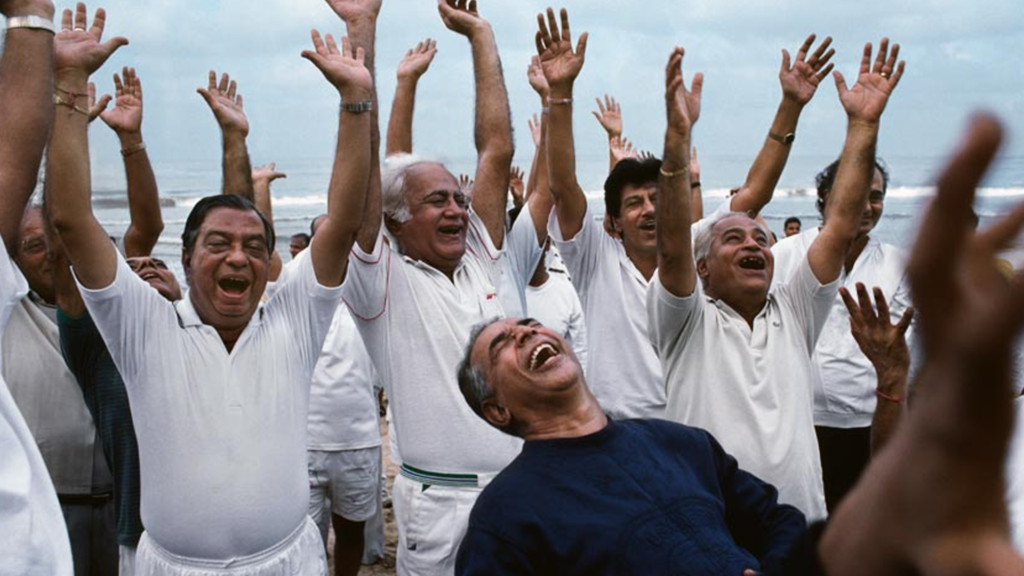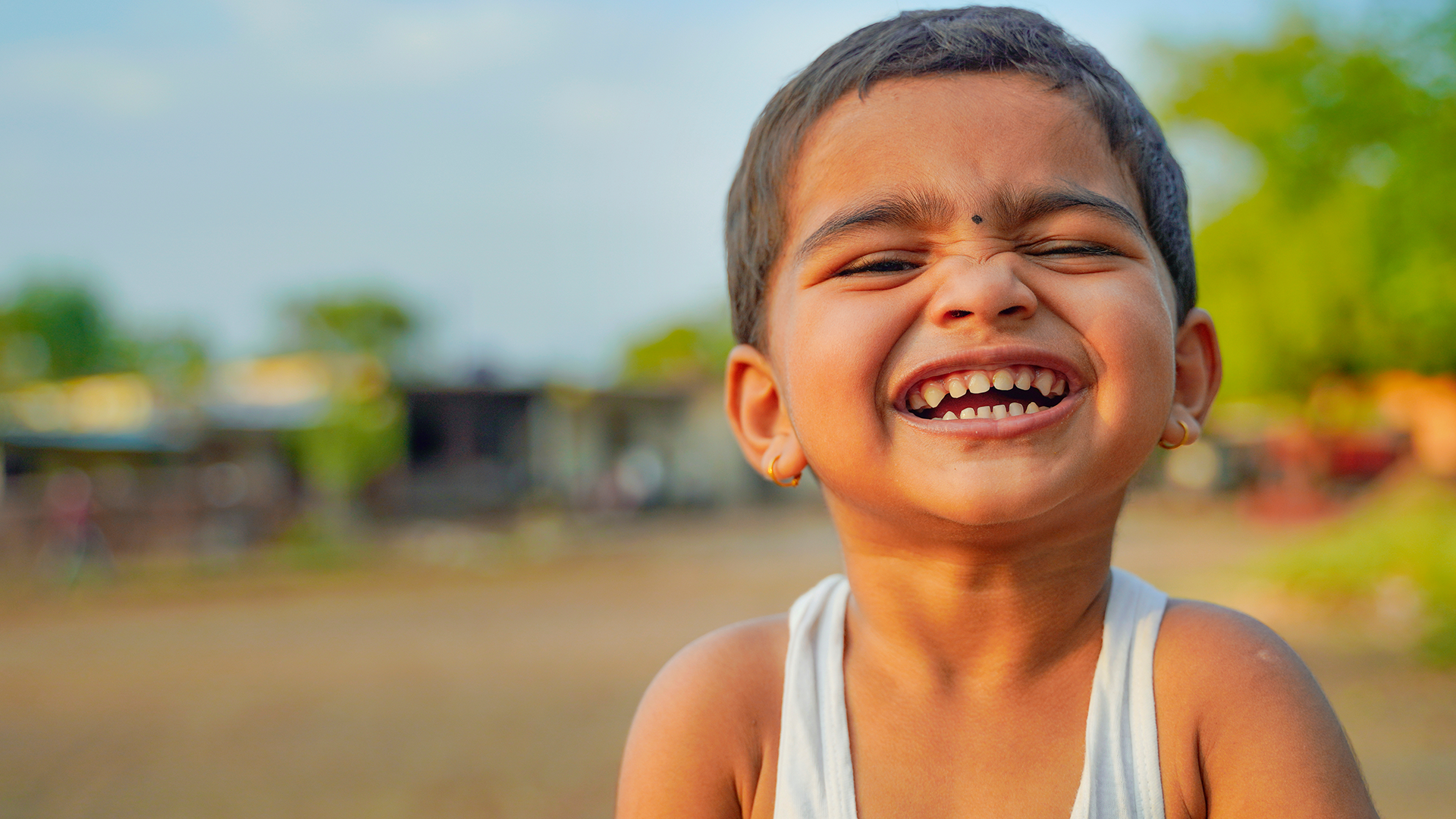WORLDWIDE, the first Sunday of May is World Laughter Day. People get together in laughter clubs in parks, on beaches, or even online to laugh. Laughter is usually an involuntary response, but it can also be a deliberate action that we can prioritize to enjoy its physical benefits, including reduced stress or even a better mood.
We have all heard that laughter is the best medicine. But this is more than a famous quote. It has scientific backing from experiments conducted as early as the 1300s on the effects of laughter on patients recovering from surgeries. The neurologist Sigmund Freud also explained the important role of laughter. He said that it releases suppressed emotions resulting from stress or nervousness.

One of the more well-known studies on the physical effects of laughter came from a professor named Norman Cousins. He experimented with laughter after being diagnosed with a serious medical disorder. Rather than focus on the stressful thoughts and emotions coursing through his mind and body, he turned his mind to the opposite – laughter. He did this by watching funny movies from his hospital bed and concentrating on what brought about genuine laughter. The physical effects of laughter helped him respond to treatment, improving his condition.
World Laughter Day started right here in India
Established in 1998, World Laughter Day was started by a Mumbai-based doctor named Dr. Madan Kataria, who was studying the effects of our facial expressions on our mood. First celebrated at a laughing club in Mumbai 25 years ago, World Laughter Day has since been observed in creative and enjoyable ways worldwide.

But how does laughter impact us and what does that mean for our physical and mental well-being?
Here are 5 good things laughter does for us:
- Laughter relieves stress
When we are stressed, the hormone cortisol is released throughout the body. While this is required in certain fight-or-flight situations, an extended period of stress leads to health risks. These include depression, muscle tension or even heart-related issues. But when we laugh, cortisol levels are decreased, and we can better manage our stress. In stressful situations, take a deep breath, smile and laugh.
- Laughter releases endorphins – the happiness hormone
The brain releases endorphins to help our bodies manage pain and other stressful situations. When we laugh, endorphins are released into our bodies, which essentially cause us to feel good. In addition to releasing endorphins, the brain releases a balanced level of dopamine, which causes a feeling of happiness.
- Laughter is good for your organs
Laughter has a positive effect on muscles and organs. Laughter uses the abdomen, diaphragm, shoulders and facial muscles while increasing the intake of oxygen-rich air, which is good for the lungs and heart. But the best physical benefit of laughter is its impact on the heart. Laughter is good for regulating the heart rate, improving heart function and reducing blood pressure.
- Laughter helps in social interactions
In our personal and professional interactions, humour is known to improve social situations and create a more comfortable and relaxed environment. Laughter can also help us form bonds with people, including strangers, and facilitate positive communication. When appropriate, try adding laughter-inducing humour to social situations to improve relationships.

- Laughter improves your mood
Events such as losing a job or even the death of a loved one can lead to emotional states that can dampen our mood and outlook on life. While we can allow ourselves an appropriate amount of time to “feel down”, prolonged periods of discouragement or grief have a negative impact on the way we function. Laughter is known to lighten and improve our mood and gives us the “pick-me-up” that we need to be content individuals with a constructive attitude. Watching a hilarious movie or getting together with friends for a good laugh is a positive start towards living a healthy and productive life.
BUT WAIT: there’s more to good health than laughter
Laughter has many benefits. But it should be remembered that laughter is not an indicator of good physical or mental health. Many people enjoy a good and hearty laugh but are struggling with anxiety, depression, suicidal tendencies, and medical conditions or are victims of trauma. These are serious conditions that require time and dedicated professional assistance to work through. While laughter produces tangible benefits for the brain and body, it does not replace medical, psychological or psychiatric care.
The first step is recognising that you or someone you know can overcome your problems with help. The second is to seek help from established medical or mental health care professionals. Here are 10 NGOs tackling mental health issues in India that you can reach out to for help. You can also make a charitable donation so that more people struggling with mental health conditions can receive the care they need.
World Laughter Day is a good time to start adopting wellness strategies in our homes, classrooms and offices. But it should be expanded beyond World Laughter Day and incorporated into our day-to-day practices to ensure that we physically and mentally benefit from all that laughter brings.
Established in 2000, Give.do is the largest and most trusted giving platform in India. Our community of 2.6M+ donors have supported 3,000+ nonprofits, impacting 15M+ lives across India.
Discover more from Give.do
Subscribe to get the latest posts to your email.


Leave a Reply